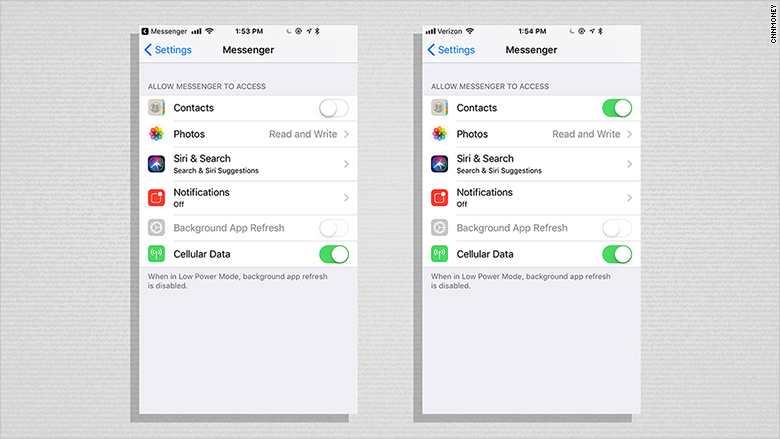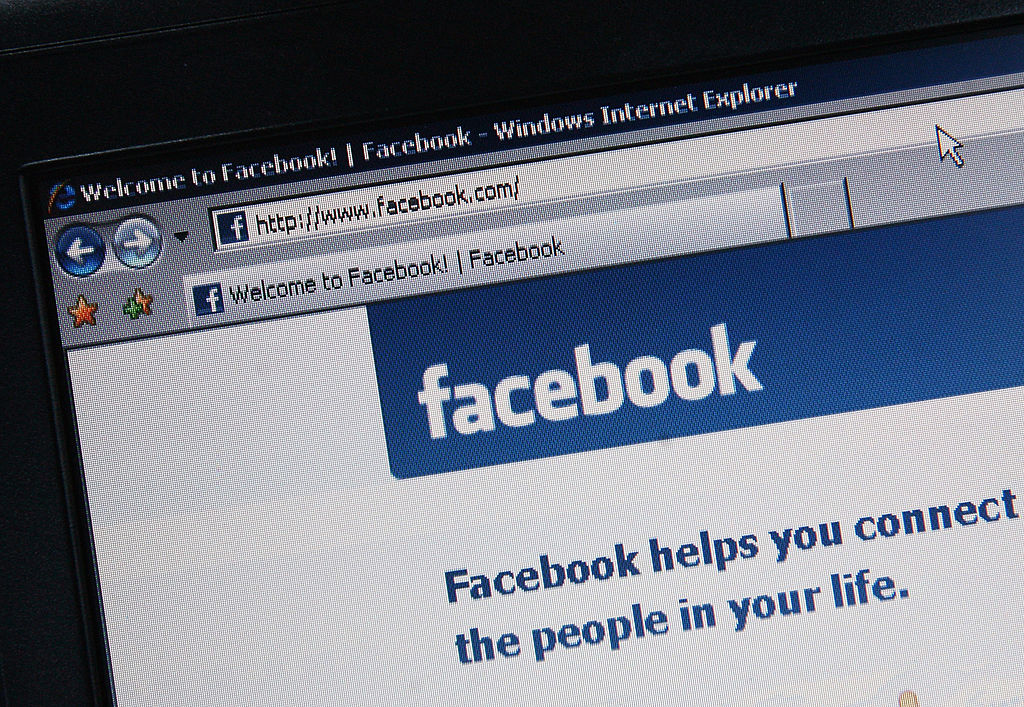
We also recommend people do regular privacy checkups to make sure that their settings are in the right place, including who can see certain information on their profile and enabling two-factor authentication. In this case, updating the “ How People Find and Contact You” control could be helpful. While we addressed the issue identified in 2019, it’s always good for everyone to make sure that their settings align with what they want to be sharing publicly. While we can’t always prevent data sets like these from recirculating or new ones from appearing, we have a dedicated team focused on this work. We’re focused on protecting people’s data by working to get this data set taken down and will continue to aggressively go after malicious actors who misuse our tools wherever possible. We have teams across the company working to detect and stop these behaviors. Scraping data using features meant to help people violates our terms. The information did not include financial information, health information or passwords.

Through the previous functionality, they were able to query a set of user profiles and obtain a limited set of information about those users included in their public profiles.

#Facebook breach 2021 software#
In this case, we updated it to prevent malicious actors from using software to imitate our app and upload a large set of phone numbers to see which ones matched Facebook users. When we became aware of how malicious actors were using this feature in 2019, we made changes to the contact importer. This feature was designed to help people easily find their friends to connect with on our services using their contact lists. We believe the data in question was scraped from people’s Facebook profiles by malicious actors using our contact importer prior to September 2019. regarding a security breach (the Breach) that affected. But since there’s still confusion about this data and what we’ve done, we wanted to provide more details here. Koskie Minsky LLP and Charney Lawyers have commenced a class proceeding against Facebook, Inc. As a result of the action we took, we are confident that the specific issue that allowed them to scrape this data in 2019 no longer exists. The most recent Facebook data breach happened in April 2021, when personal data pertaining to 533 million Facebook users was made public on an online forum. This is another example of the ongoing, adversarial relationship technology companies have with fraudsters who intentionally break platform policies to scrape internet services. The methods used to obtain this data set were previously reported in 2019.

Scraping is a common tactic that often relies on automated software to lift public information from the internet that can end up being distributed in online forums like this. It is important to understand that malicious actors obtained this data not through hacking our systems but by scraping it from our platform prior to September 2019. We have teams dedicated to addressing these kinds of issues and understand the impact they can have on the people who use our services. Now the data set has been posted on the hacking forum for free, making it available to anyone with rudimentary data skills.On April 3, Business Insider published a story saying that information from more than 530 million Facebook users had been made publicly available in an unsecured database. Motherboard reported on that bot's existence at the time and verified that the data was legitimate.

Gal discovered the leaked data in January when a user in the same hacking forum advertised an automated bot that could provide phone numbers for hundreds of millions of Facebook users for a price. "A database of that size containing the private information such as phone numbers of a lot of Facebook's users would certainly lead to bad actors taking advantage of the data to perform social-engineering attacks hacking attempts," Gal told Insider. While it's a couple of years old, the leaked data could prove valuable to cybercriminals who use people's personal information to impersonate them or scam them into handing over login credentials, according to Alon Gal, the chief technology officer of the cybercrime intelligence firm Hudson Rock, who discovered the trough of leaked data on Saturday. Account icon An icon in the shape of a person's head and shoulders.


 0 kommentar(er)
0 kommentar(er)
